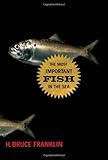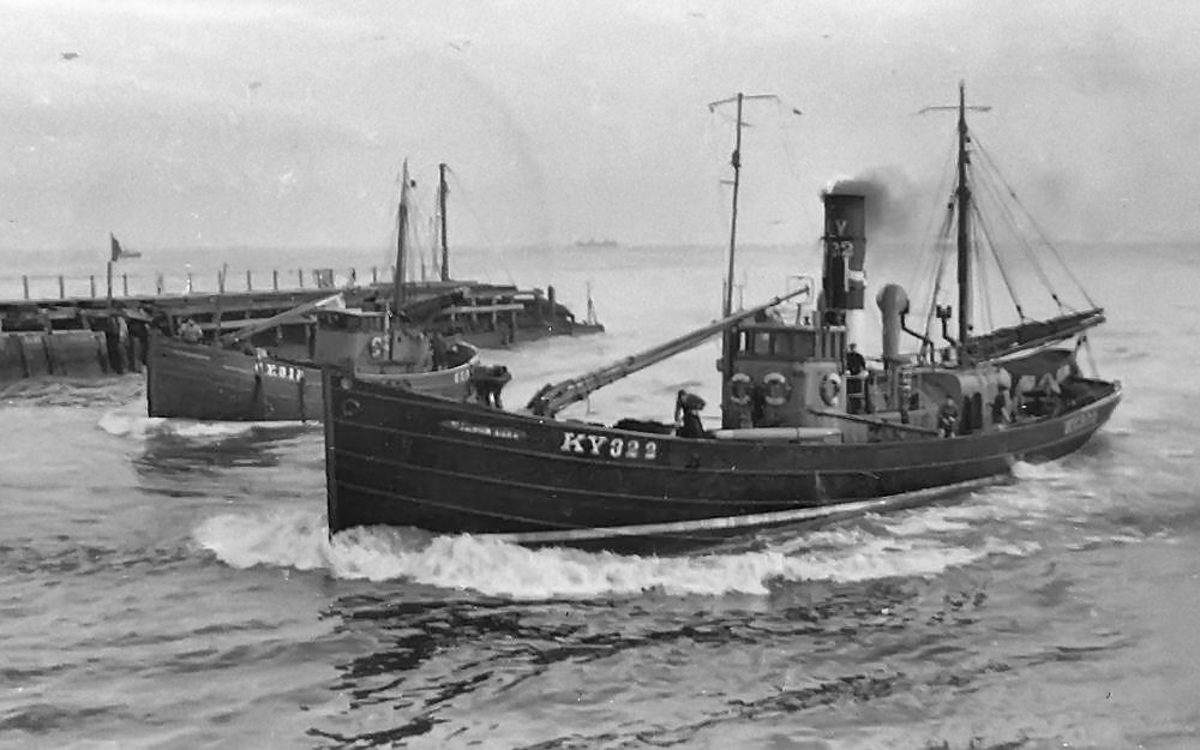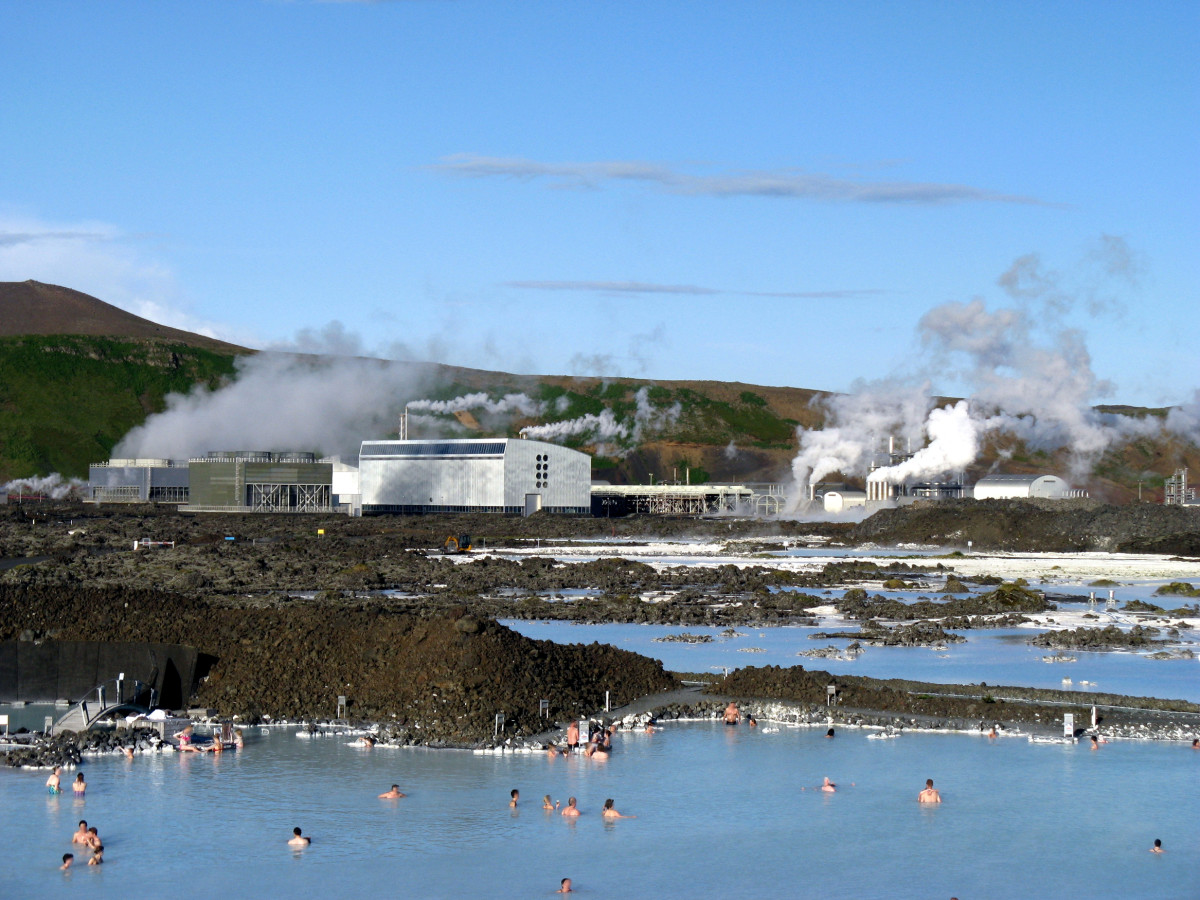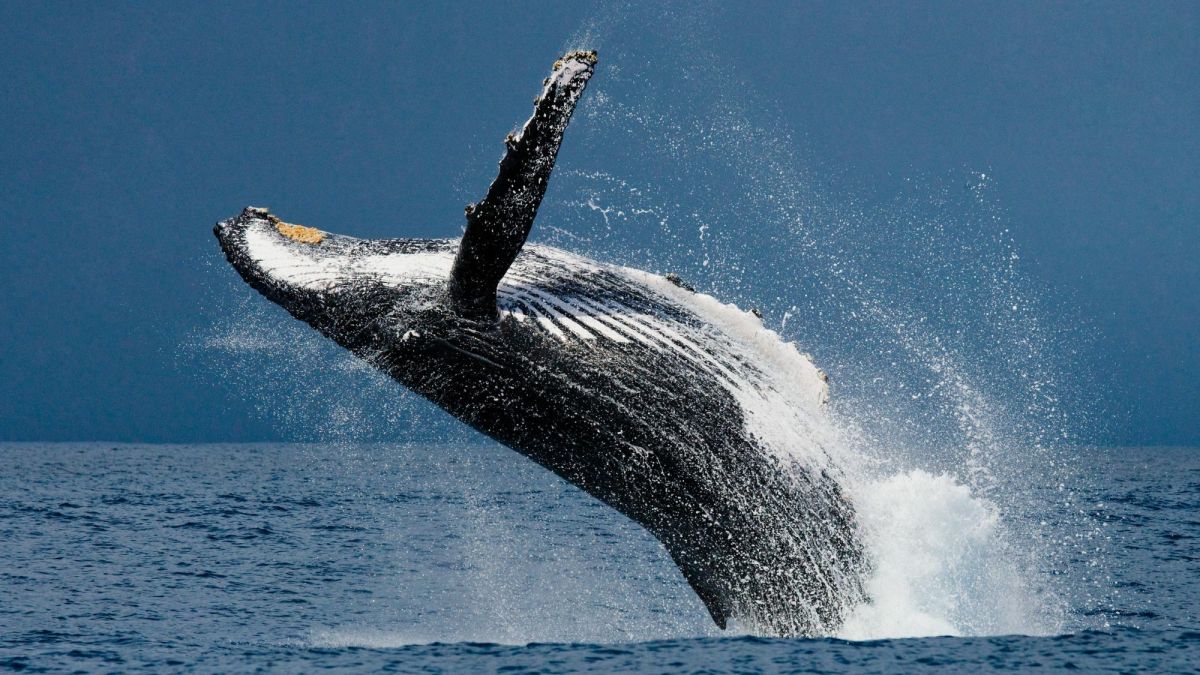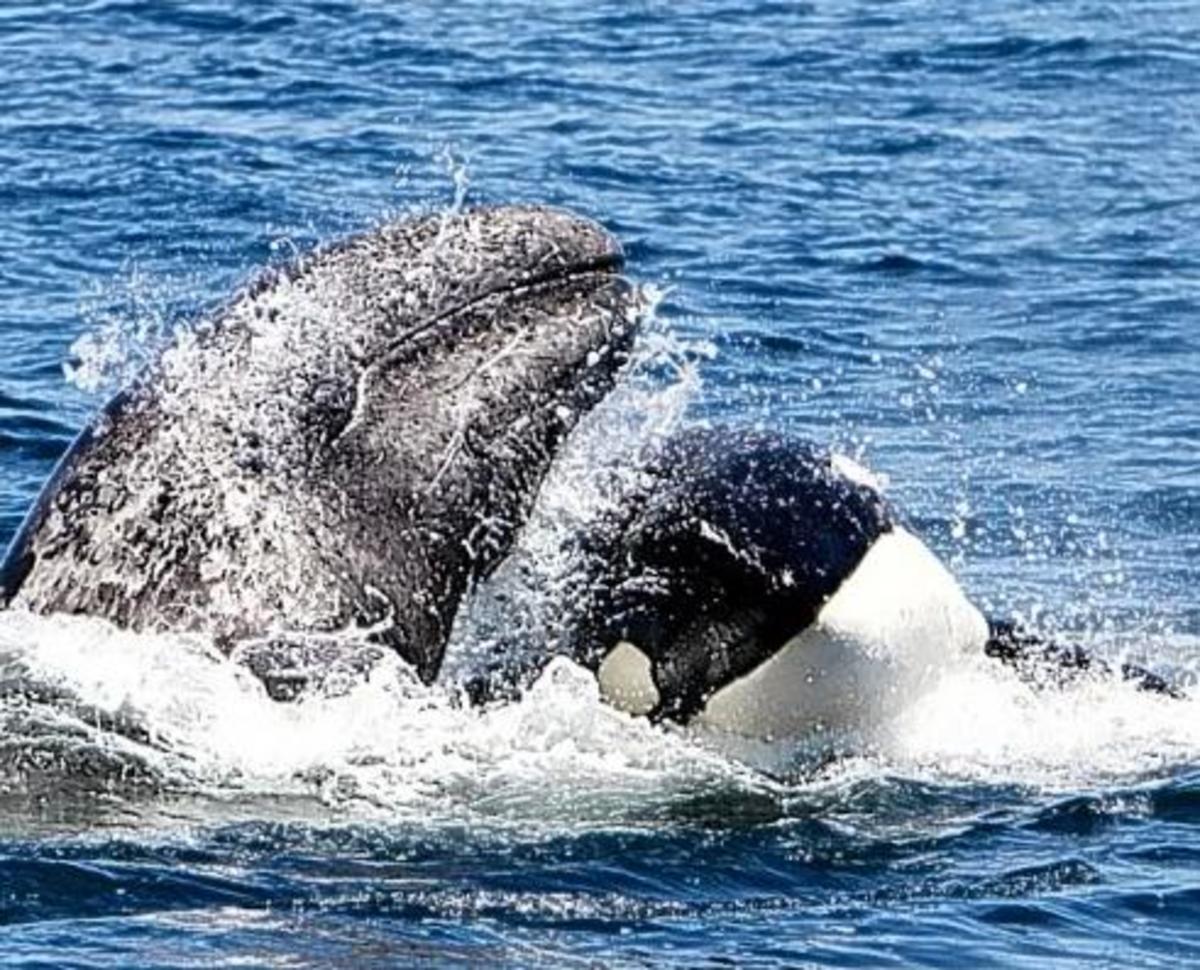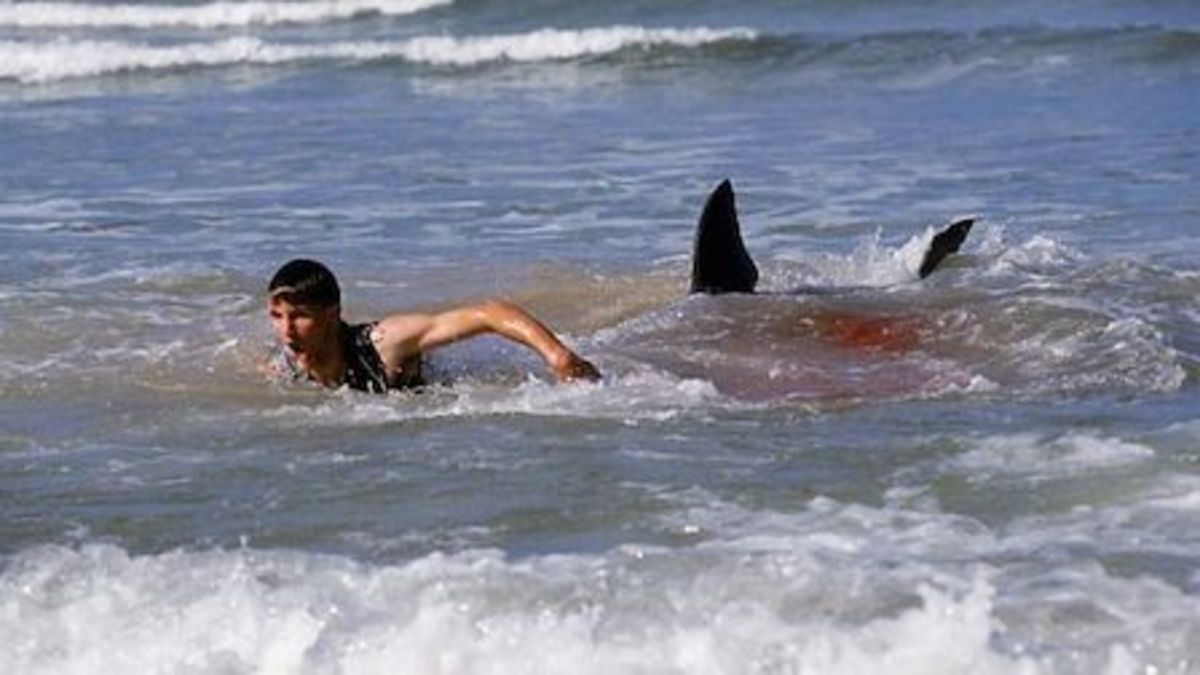- HubPages»
- Education and Science»
- Life Sciences»
- Marine Biology»
- Marine Life
Overfishing Report in Croatia and the Mediterranean
Overfishing
Overfishing defined: to fish in an area excessively, to exhaust the supply of usable fishes in certain waters. Scientists are concerned that fishing boats may overfish our coastal waters.
An example of Overfishing

Danger Zones
Across the board in the ocean's waters, we are experiencing an overfishing crisis. Without a doubt, 85% - 90% of the world's fisheries have been depleted due to overfishing, inability to replenish its stock and a sweep and throw away fishing strategy. These findings were documented in a study made in 2010 by the United Nations Study of World Fishing and Aquaculture (SOFIA).
In particular, larger fish, like tuna, swordfish and marlin have been at least 90% depleted. The world's fishing industry is in a sorry sight indeed.
A tuna cage in operation
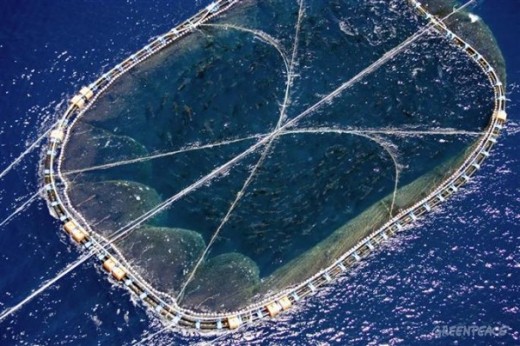
Mediterranean Fishing
In the past 20 years, 80% of the bluefin tuna stock living in the Mediterranean had literally been massacred due to overfishing. Tuna in particular is threatened, since it is in high demand world wide, especially in Japan. Fisherman who have depleted the Alaskan tuna supply have now turned their sights to the blue fin tuna inhabiting the Mediterranean Sea.
Since the sea and ocean are vast, the problem is difficult to monitor. Combined with commercial pressures (fish is currently more expensive than meat), plus the demand of tourism, and an ever expansive world population put great pressure on the fish supply, especially when the fish stock is not being allowed to replenish itself.
The only hope is to restrict the fishing of the young fish to enable them to reach maturity and spawn. Concern is great - but legislation and enforcement is lacking. Those areas with laws restricting illegal fishing practices are currently being treated like a joke, with countries eager to gobble up the remains of fish stock while it still exists. The law in practice is grab before it's gone. In Greece for example, juvenile swordfish stock is being held back instead of being thrown back into the sea, perhaps in an attempt to "corner the market".
The estimated percentage of thrown away fish - either juveniles or sea birds - is between 20 - 70%. These dead or dying sea life waste obviously cannot produce new fish. Since 2003, driftnets are illegal to use in the Mediterranean. Driftnets operate in a way as to sweep the sea floor of all its contents. It espouses the strategy of kill everything, throw away what we don't want. Italy admits to using about 100 driftnet vessels, France 50-75, Morocco operates 300 driftnet vessels, and Turkey between 50-100.
The problem hits close home
Living on an island in the Mediterranean, the world fishing crisis can be definitely felt locally. Fish prices continue to rise due to high demand, low supply. Additionally, foreign vessels attempt to fish illegally and steal fish belonging to the locals.
It's not unusual to catch illegal fishermen, usually Italian, off the Croatian coastline. Croatia uses fast and modern police boats, designed to catch and board offending vessels. After the third violation, the boat is confiscated!
When the boats are captured, the fishermen must sell the stolen fish at a reduced price to the locals, which is a nice plus for anyone who is lucky enough to be strolling on the coastal walkway when the haul is brought in.
Croatia will soon belong to the European Union, and no one is quite sure what to expect. In the meantime, Croatian coastal waters extend to Palagruža where they are protected and maintained by the Croatian government. Croatia has a long history of fishing. The traditional Italian culture, by comparison, was one of farming and tilling the land. With the recent shift in fish as a desirable protein source in attempt to control body weight, cholesterol and fat, the seas have almost become a "war zone" for survival - and the fish (at least for now) always loses.
Tourism
The Mediterranean has a beautiful, warm, temperate climate, with history, culture, fascinating artifacts and architecture. For this reason, 1/3 of the world's tourism happens right here.
However, tourism has played a part in the fishing crisis. Since tourism provides a major source of income for these sometimes poorer countries, the temptation is great to overstep the bounds of reason. Environmental concerns invariably take a back seat to earning a family's livelihood, particularly in economically recessed areas with little alternative options.
Marine Reserves - A Possible Solution
An idea has come to the forefront which may save our threatened seas.
Much like National Parks preserve unique and threatened species like the buffalo and the redwood tree, Marine Reserves would provide an untouchable marine habitat where fish stocks could naturally replenish themselves, and other marine life would be able to stabilize and thrive.
The proposal suggests that 40% of the Mediterranean's waters should be left alone. This is not too much, considering only 10% of the fish population has remained since the past 20 years.
Every Voice Counts
- Marine Reserves now! | Greenpeace International
We need to defend our oceans because without them, life on Earth cannot exist.
Our Children's Children
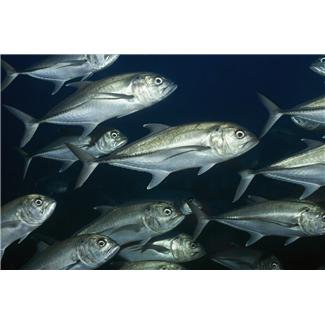
Oceana Report
- Too Few Fish: A Regional Assessment of the World’s Fisheries
Oceana is the largest international ocean conservation organization. We work on a limited number of strategic campaigns to stop ocean pollution, protect marine wildlife, promote responsible fishing, stop offshore drilling, ocean acidification, and mo
Responsible Fishing
- The Overfishing Crisis
Oceana is the largest international ocean conservation organization. We work on a limited number of strategic campaigns to stop ocean pollution, protect marine wildlife, promote responsible fishing, stop offshore drilling, ocean acidification, and mo

